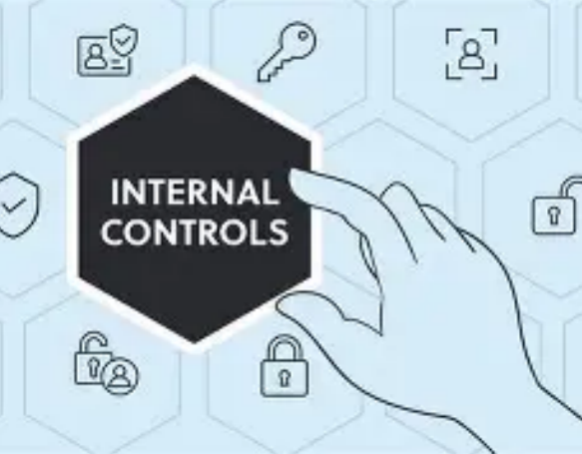At the age of 40, you often become the key supporter of your family financially. This is a time when your earnings are at their highest, your assets are increasing, and your responsibilities are growing. For those with high incomes, this period calls for more than just simple protection; it’s essential to have a solid plan that safeguards your wealth, ensures steady income, and fulfills your duties to both older parents and younger children. While the risks can be significant, focused strategies can transform weaknesses into strengths.

Income Fortress: Protecting Your Earning Prime
Your earnings are the foundation for everything—mortgages, education savings, retirement funds, and the overall health of your family. For those in their 40s who earn high salaries, regular disability insurance often does not meet their needs, as they frequently depend on bonuses, equity awards, or profits from their businesses. Tailored income protection plans are designed to include these variable earnings, ensuring crucial income flows remain intact during health challenges. It’s important to seek “own-occupation” policies, which provide compensation if you are unable to fulfill your specific job duties, rather than just any position. Additionally, partial disability riders can help maintain benefits even when your work capacity is diminished, which is a typical situation during lengthy recoveries. This goes beyond simply replacing your income; it's about sustaining your family’s financial stability when you are unable to work.

Asset Armor: Shielding Wealth from Risks
In your 40s, you often acquire more assets such as various properties, investment accounts, and stakes in businesses. These can introduce risks, including lawsuits and market fluctuations. While umbrella insurance with high limits offers more than just home or auto coverage, it doesn’t provide complete security on its own. To safeguard your wealth, asset protection trusts can be established to keep personal finances safe from business liabilities or legal issues, protecting your family’s resources. For those investing in real estate, there’s specialized insurance available that addresses specific risks like high-end renovations, rental responsibilities, or coverage gaps from natural disasters that standard policies might miss. Utilizing these strategies can help ensure that your assets remain secure and retain their worth during challenging times.

Balancing Cross-Generational Responsibilities
In this decade, many people find themselves in two caregiving positions—helping their elderly parents and paying for their children's education. Having long-term care insurance for parents avoids the need to sell investments to pay for nursing home expenses, and hybrid policies can also provide death benefits if care is unnecessary. For children's education, funding should go hand in hand with insurance: permanent life policies that grow cash value allow for tax-free access to tuition funds, while riders ensure coverage remains intact even when income varies. These methods respect your obligations without jeopardizing your retirement savings, fostering a balanced way to manage these conflicting needs.
Legacy Foundations: Planning Beyond Today
At the age of 40, it's important to establish plans for transferring your wealth, and insurance can play a vital role in this process. By utilizing permanent life insurance along with irrevocable trusts, you can pass on wealth to your heirs without the burden of taxes or probate delays. Annuities designed for your spouse ensure they have financial support, while adding charitable giving options can integrate your philanthropic wishes with your legacy. Business owners should consider key person insurance and buy-sell agreements to protect their family and partners, helping to maintain the value of the business for future generations.Being proactive at 40 means taking charge of your financial future rather than just reacting to challenges. By enhancing your income, protecting your assets, and planning carefully, you can shift this decade away from stress towards secure foundations. For families with substantial earnings, this thoughtful strategy helps ensure that your well-earned resources continue to benefit those and the causes you care about.





